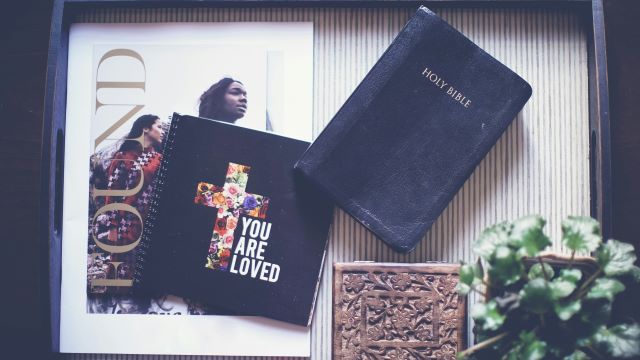GABORONE, Botswana — In Botswana, the rhythm of daily life is underscored by a diverse and deeply rooted religious tradition. Here, faith is not a peripheral concern but an integral thread woven into the nation’s cultural and historical fabric. From ancestral veneration to the ringing of church bells, the country’s spiritual life mirrors its journey from precolonial heritage to modern democracy.
A History Written in Ritual and Migration
Long before missionary ships anchored on Southern Africa’s shores, the peoples of Botswana practiced African Indigenous Religions, honoring ancestors and invoking a distant, supreme being. These beliefs remain most visible in rural communities, where rituals and seasonal ceremonies still structure the year and bind generations together.
Christianity arrived in the 19th century, carried inland by European missionaries—chief among them the London Missionary Society. Over time, the faith became dominant, with an estimated seven in ten citizens now identifying as Christian. Mainline Protestant denominations such as Anglican, Methodist, and Lutheran share the religious landscape with Roman Catholic parishes and a fast-growing network of Pentecostal and Evangelical congregations.
Faith Beyond the Pulpit
Christianity’s influence extends well past Sunday services. Churches in Botswana have historically served as centers of education, social welfare, and health care, operating schools, hospitals, and charitable institutions. The intertwining of faith and public service has helped cement religion’s central role in national life.
Minority Faiths in a Predominantly Christian Nation
Botswana’s religious map is also marked by smaller, yet vibrant, communities. Islam, practiced primarily by descendants of South Asian migrants who settled in the early 20th century, maintains mosques in Gaborone, Francistown, and other urban hubs. Hindu temples, Bahá’í gatherings, and additional faith communities contribute to a cosmopolitan undercurrent in an otherwise Christian-majority society.
In this pluralism, tolerance is not merely an aspiration but a practiced value. Interfaith collaborations and shared public ceremonies underscore the country’s tradition of coexistence.
The Public Face of Religion
Though the state is secular, religion often enters the public square. Political debates and national addresses may carry the cadence of a sermon, with clergy weighing in on matters of governance, ethics, and social justice. National holidays such as Christmas and Good Friday are enshrined in the civic calendar, and prayers from multiple faith traditions are common at official events.
Yet the harmony is not without tension. The rise of prosperity gospel movements has prompted concerns over exploitation, and debates continue over how best to regulate emerging religious groups. The intersection of modern faith practices with ancestral traditions remains a point of negotiation for many communities.
An Enduring Mosaic
In a global climate where religion can divide as often as it unites, Botswana’s steady balance between faiths offers a contrasting narrative—one of dialogue, mutual respect, and shared civic life. The country’s religious landscape is at once a testament to its past and a living, evolving aspect of its national identity. How it navigates this diversity in the years ahead may determine whether its example continues to inspire beyond its borders.
Sources
- Botswana Statistics Agency. Population and Housing Census: Religious Affiliation Data, 2022.
- Morton, Fred. Historical Dictionary of Botswana. Rowman & Littlefield, 2018.
- Amanze, James N. Christianity in Botswana: A History of the Mission Churches. Pula Press, 1998.

